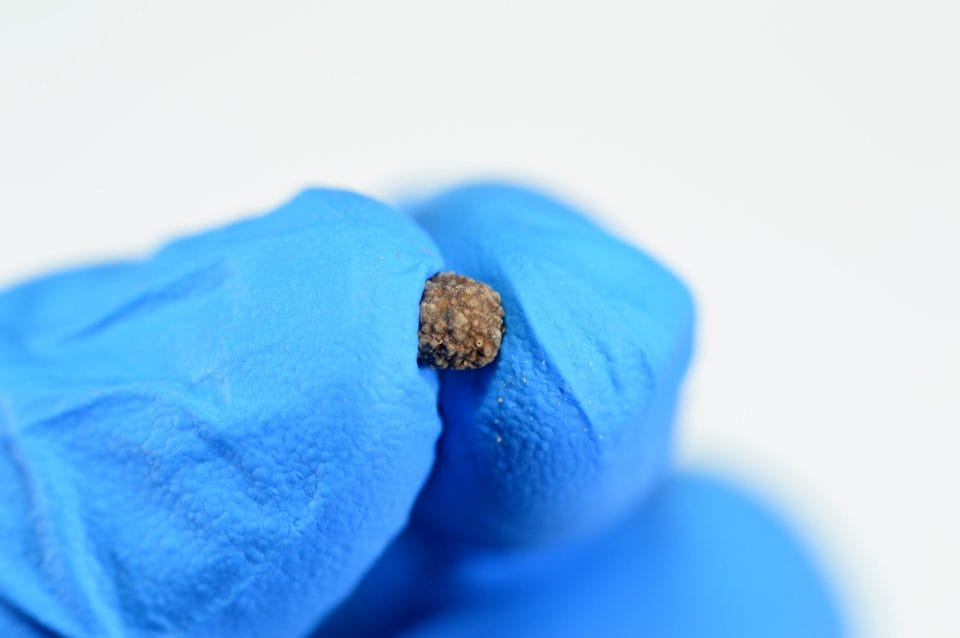Stones
Stones
Stones can form anywhere in the urinary tract from the kidney to the bladder. They are caused by the crystallisation of salts or minerals in the urine, particularly when the urine is concentrated. Stones sitting in the kidney can sometimes cause pain but this is often more marked when the stone drops into the drainage tube (the ureter) between the kidney and bladder.
Symptoms
Kidney stones can cause no symptoms but are also known to cause pain in the side and sometimes blood in the urine, which is often invisible to the naked eye. If in the bladder they can cause urinary symptoms such as frequency and urgency.

Investigation
CT imaging is the main investigation of choice for urinary stone disease. For recurrent stone formers biochemical urinary and blood tests are used to identify underlying causes for stone formation.

Treatments
The size and location of the stones dictates the most appropriate intervention. Some stones don’t require treatment, others may require minimally invasive treatments such as lithotripsy, endoscopic surgery or keyhole surgery to break up and remove the stone.
